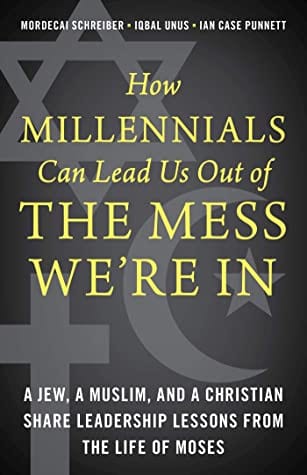One of the great questions of modern theology is the problem of the hiddenness of God.
Where was God when…(fill in the blank)?
Why doesn’t God…(fill in the blank)?
Why does God seem to…(fill in the blank)?
Why doesn’t God answer my prayers for…(fill in the blank)?
Some of us ask these questions often. Others choose to avoid the questions, or not think about them. Sometimes, I think, religious people need to ask these questions more often. This is why I appreciate Tony Kriz’s Aloof. He gives us a model for asking the questions. And he gives us good examples of when–and how–the questions might be raised. In so many of the Christian contexts I have known, people are trained to make assumptions about God’s activity. “That was a God thing.” Yeah? How do you know it wasn’t the hot sauce? “I just had a divine appointment.” Yeah? What if it was just luck and happy feelings? “That was clearly an answer to prayer.” Yeah? Maybe you just guessed right. “That was a real ‘kairos moment’. Yeah? I thought kairos has to do with the incarnate life of Jesus and the kingdom of God penetrating history with a transformational significance–“in the fullness of time”?
I know I’m being snarky. But don’t we need a little more epistemic humility when we presume to know what God is or isn’t “doing”? I suspect God is far more mysterious than the one we have in our heads (mine included).
Theologians have spent countless hours thinking through the problem of the hiddenness of God. When all is falling to pieces, “where” is God? Who is in charge here? Who is holding down the fort? What does the apparent hiddenness of God say about God’s nature? God’s agency or power? About God’s ontology? Does God’s causation come to us from the past, present, or future? (by the way, I think the coolest idea is that God is “coming to us” from the future–the “next” moment, as it were). Does God work only or primarily through natural means and human action? Is God waiting for us to get on the move? Whether Luther, Hegel, Kierkegaard, Heidegger, Barth, or Moltmann, you could spend years unpacking the questions surrounding the hiddenness of God. And then, the modern existential “death of God” theologies raise the question in a whole new key. And in present time, postmodern theologies explore concepts of “God” in creative ways, ways that take account of the questions of divine hiddenness.
John Caputo’s The Insistence of God: A Theology of Perhaps is a good example of the latter. So is a new book coming out very soon; a book whose centerpiece is a new essay by Caputo on the “spectral” (ghostly!) God, the Ghost who “spooks” in the name of justice. This is what Caputo calls his “hauntology”! I won’t say more about that now, though I will post more information when the book has been released. I gladly contributed one of the response essays in the book (a teaser: in my essay, I ask whether the Spectral reality ever gets flesh–that is, how should the Christian theology of resurrection shape our view of divine hiddenness?).
But the point here is that more space should be created in our hearts and minds to raise the questions of God’s hiddenness. Perhaps naming the hiddenness of God might create both a deeper view of the mystery of God and more freedom and motivation for us to act in ways that we wish God would. Maybe then God will show up.
The above post is my contribution to an ongoing book club discussion on Tony Kriz’s Aloof. For More posts and to read an excerpt of the book, go to: http://www.patheos.com/Books/











